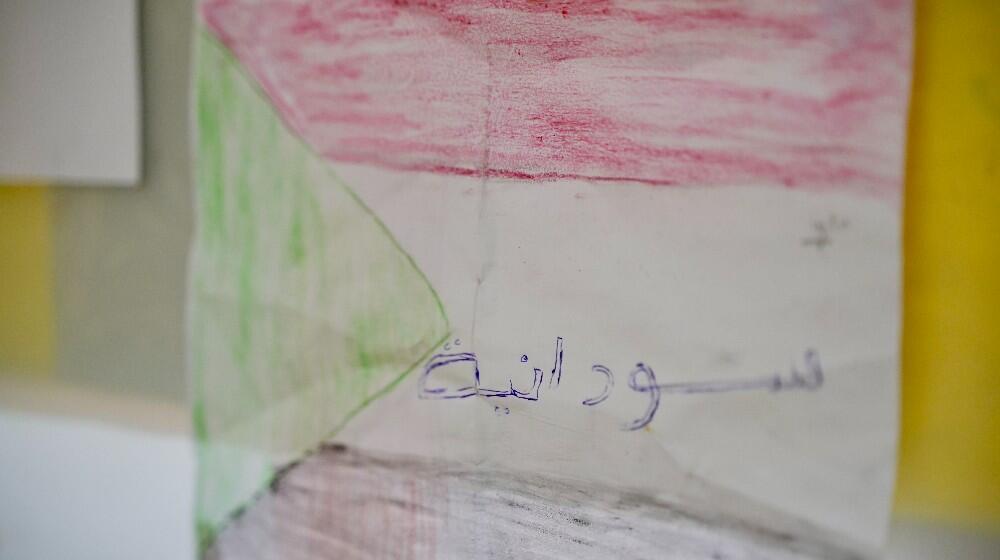The Central Emergency Response Fund (CERF) allocated $450,579 to UNFPA Egypt’s response to the Sudan Crisis, as hundreds of thousands of people cross the borders into Egypt to flee violence in Sudan.
UNFPA focuses on ensuring the provision of reproductive health services, particularly for pregnant women who might be at risk given the unfavorable conditions, mental and physical suffering, lack of medication, and other risk factors that women in reproductive age face. UNFPA also works on the prevention, mitigation and response to gender-based violence against women and girls (GBVAWG) among affected populations that might be amplified in humanitarian settings.
As of 22 May, 126,364 people have entered Egypt from Sudan, including around 5,364 third-country nationals. It is projected that 350,000 refugees and asylum seekers will have entered Egypt by the end of 2023.
An estimated 84,000 (24 percent) will be women of reproductive age, including around 3,360 women with disabilities and 8,365 pregnant women, who will need access to antenatal, delivery and postnatal care. UNFPA estimates that around 770 pregnant women will experience obstetric complications or need a caesarean section, and around 550 newborns will experience complications. These numbers might increase depending on the overall proportion of women and girls crossing the border.
UNFPA’s response is focused on two priority areas; the protection sector, through ensuring access to quality GBVAWG prevention and response services and enhancing measures to mitigate the risk of violence and the health sector, through prioritizing women’s access to reproductive health services.
Established in 2005 as the UN’s global emergency response fund, CERF pools contributions from donors around the world into a single fund allowing humanitarian responders to deliver life-saving assistance whenever and wherever crises hit.


